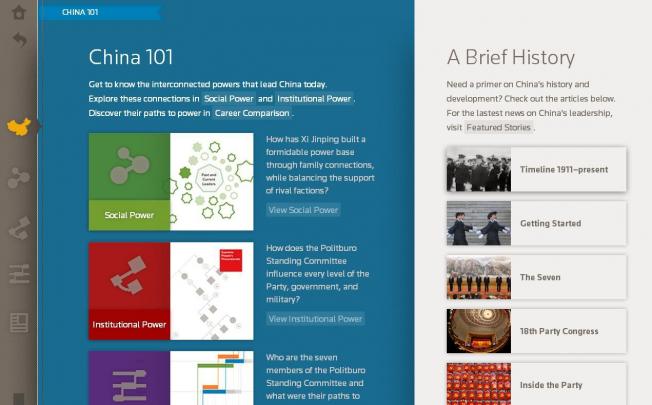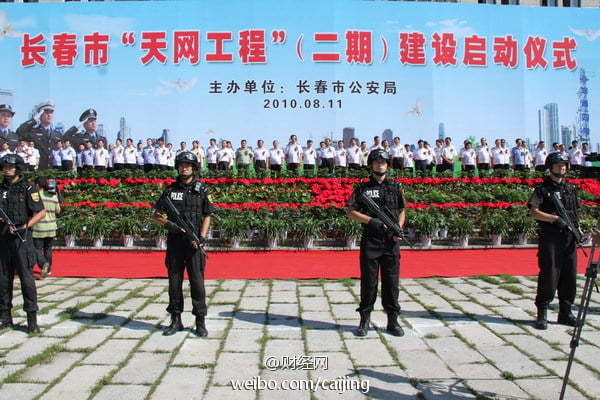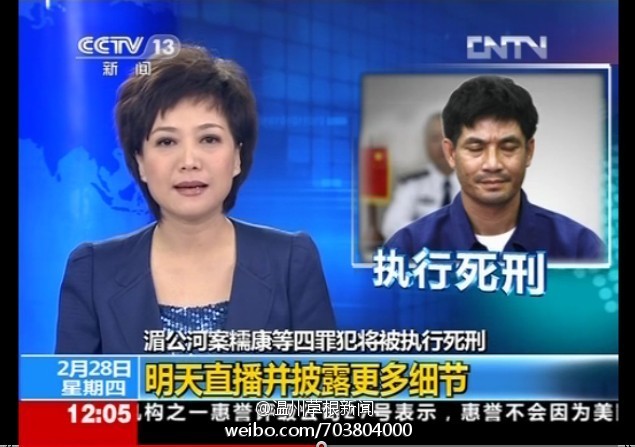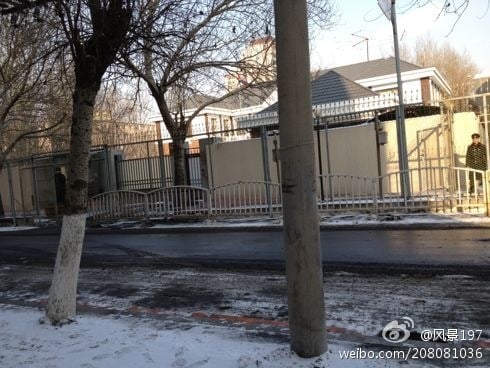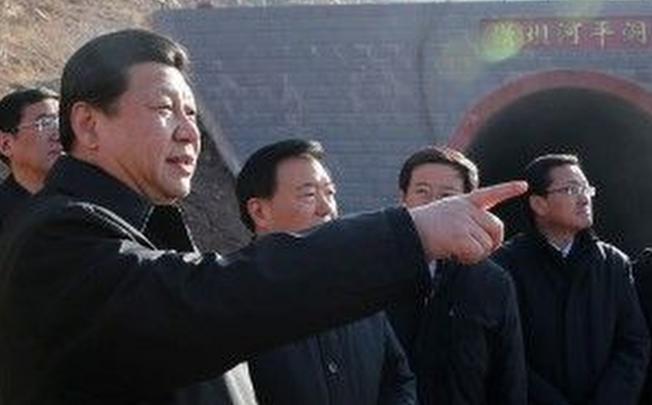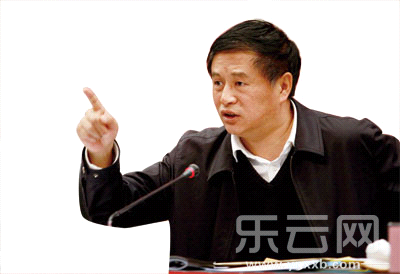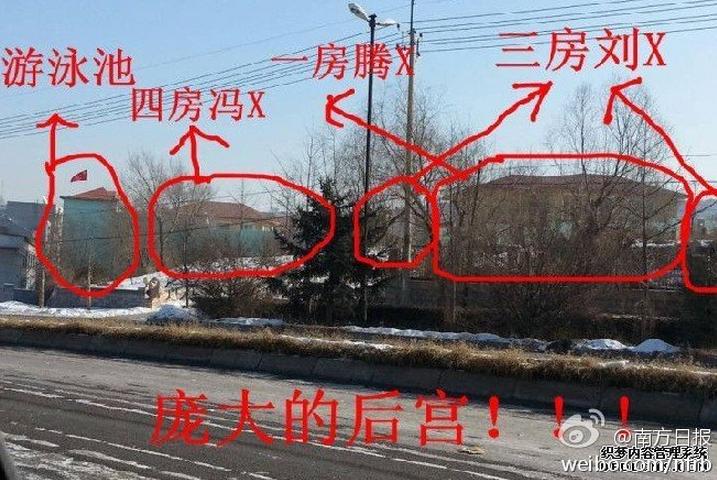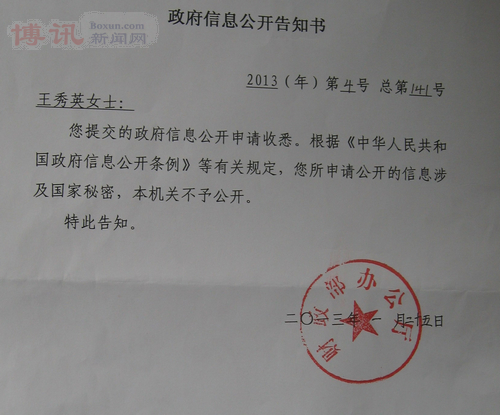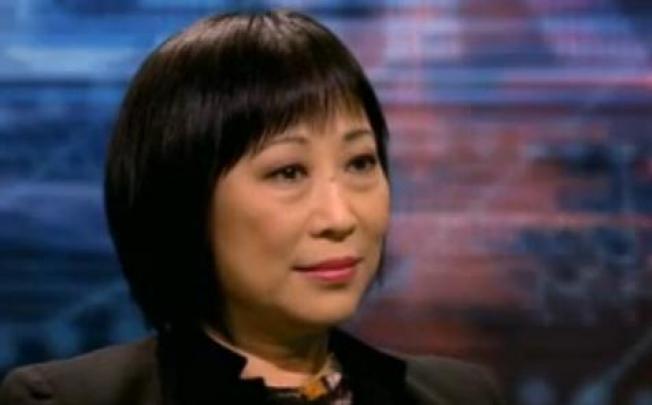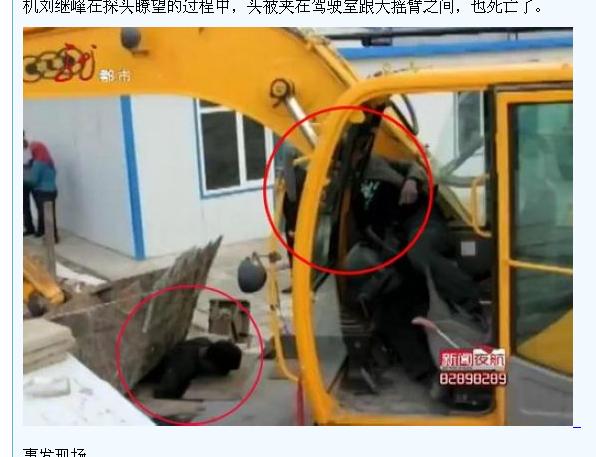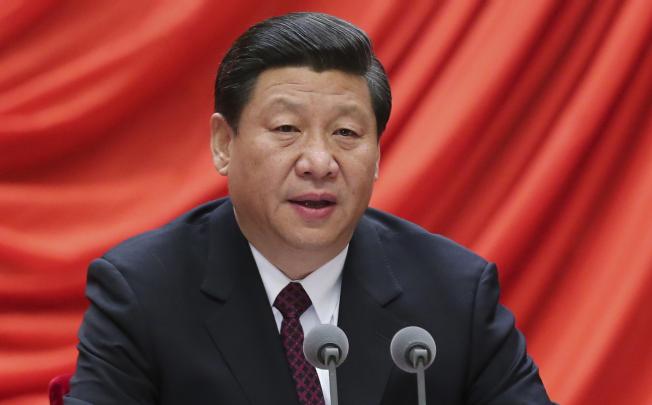Advertisement
Advertisement

John Kennedy
John Kennedy is Canadian, and a longtime resident of southern China. As a veteran member of the Chinese online community, most notably through his six years as a former editor with Global Voices Online, John knows more than is useful about China today but enjoys sharing his findings on Twitter as @feng37 and @28wordslater.
Political writers have repurposed Tencent's new WeChat enterprise accounts as mobile publishing platforms.
So much effort went into making China's presidential election look legitimate that netizens decided to go along with the ruse and pretend seats were actually contested.
Writer and activist Liu Di argues internet censorship officials are less corrupt than you might think, and what crossing that line would mean for Beijing.
Somebody has to ask: was it really worth a year of Reuters' time to build the China Connected app?
Advertisement
With vast sums of taxpayer money used to fund construction of the city's costly 'eye-in-the-sky' video surveillance network, netizens want to know why it was useless in the manhunt.
Humourous Twitter updates straight from the Great Hall of the People has become a National People's Congress tradition for some longtime foreign correspondents.
UPDATED at 2.50pm: The four have been shown on live TV being transported to their place of execution.
Presently only 40 per cent of Chinese internet users have made an online purchase, but that number is set to grow fast.
Since last year, Beijing has offered a second track to permanent residency in the city. Between investment requirements and limited availability, only 45 people have made the cut so far.
First published by Beijing Evening News (then deleted) yesterday, the figure attributed to Chinese Academy of Governance professor Zhu Lijia has been republished by Xinhua earlier today.
Legal expert He Weifang expects the main outcome will be fewer instances of wrongful death executions.
Two years on since small numbers of activists attempted to break through China's political deadlock, reliance on technology is still blamed for the failure.
Ping Fu dismisses her critics saying they haven't read her book. The Guardian journalists did and found even more highly unlikely claims.
China Labour Bulletin editor Cai Chongguo looks at the upside were China to sever the ties that bind it to North Korea.
Tibetan writer Tsering Woeser shares some photos taken yesterday at the beginning of Losar, the Tibetan new year festival.
Xi Jinping says he wants honest feedback, here's why people don't believe him.
Unfortunately for Beijing romantics, February 14 falls on a national holiday this year.
Documentary film director shows the happy travelers Guangzhou train station police deal with as hundreds of thousands head home.
Yunnan security chief Meng Sutie's announcement suggests a possible end to all use of re-education through labour in the province.
Xinhua gives in-depth coverage to the accusations, which first appeared anonymously online.
Previously sentenced to re-education through labour ahead of the Olympics, 81-year-old activist Wang Xiuying demands to know how much support China gives North Korea.
Zhao Haibin owns 192 flats between four cities, and all with just one fake identity.
Information to be made public will include details on investments, automobiles, and properties owned by officials' families.
Preparation for the vote, which aims to bring greater transparency to the company's 18,000 union committees, is being done in co-operation with the US-based Fair Labor Association.
According to the two newspapers, attackers were searching specifically for information on recent high-profile investigations into the massive fortunes of China's political elites.
Morning Clicks | People's Daily announces end to re-education through labour, but only for Guangdong
A formal decision is expected to be made in March at the annual NPC/CPPCC sessions in Beijing. Meanwhile, Guangzhou police advocate legalisation of caning.
The same claims that have won Fu sympathy from Western readers don't quite add up to some Chinese factcheckers.
Figures released by the US government show how quickly China's coal consumption rates have risen over the past decade.
Citing incomplete information, the Civil Rights and Livelihood organisation has documented a large number of forced evictions which took place during 2012.
"[A]s communists," Xi is quoted as saying, "we should have a higher ideal, and that is, communism."


